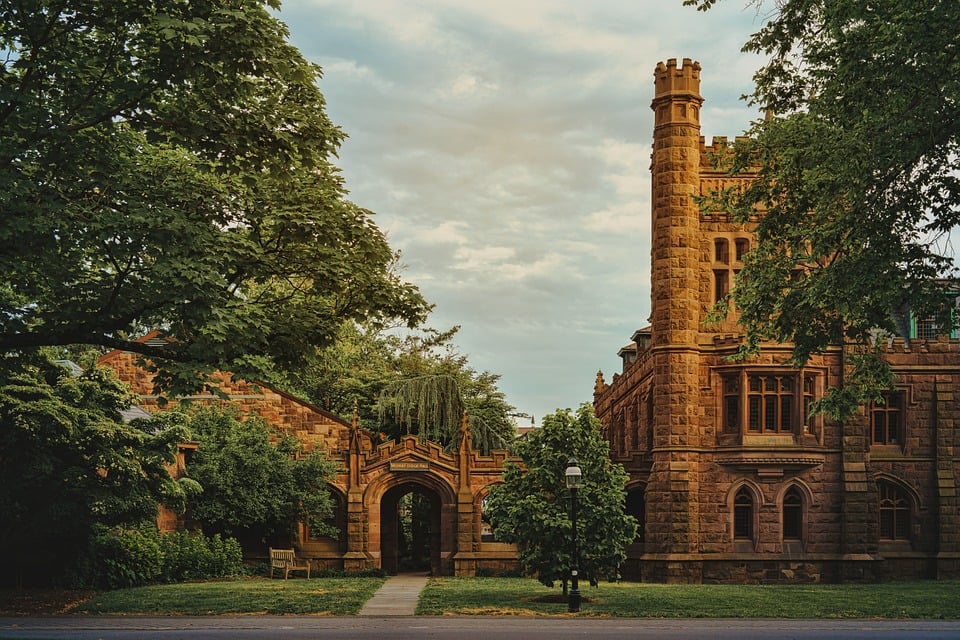Exploring Kyoto University: A Historical Overview
Introduction
Introduction
Kyoto University, located in Kyoto, Japan, is one of the country’s most prestigious educational institutions. Established in 1897, the university has a long and rich history that reflects the changing social, cultural, and political landscapes of Japan. In this article, we will explore the historical evolution of Kyoto University, highlighting its key milestones and contributions to academia and society.
Foundation and Early Years
Kyoto University was established under the name Kyoto Imperial University in 1897, during the Meiji era, a time of rapid modernization and industrialization in Japan. The university was founded by the Japanese government with the aim of promoting higher education and research in various fields, including natural sciences, humanities, and social sciences.
The early years of Kyoto University were marked by a strong emphasis on Western-style education and research methods. The university recruited renowned scholars and scientists from around the world to serve as faculty members, bringing in new ideas and perspectives to Japan’s academic landscape.
Growth and Expansion
In the early 20th century, Kyoto University experienced significant growth and expansion, with the establishment of new departments and research centers. The university’s commitment to academic excellence and innovation attracted students and researchers from across Japan and internationally, further solidifying its reputation as a leading educational institution.
During this period, Kyoto University made important contributions to various fields, including medicine, engineering, and literature. The university’s researchers and scholars were at the forefront of scientific discoveries and advancements, shaping the future of Japan’s academic and intellectual landscape.
Challenges and Transformations
Throughout its history, Kyoto University has faced numerous challenges and transformations, reflecting the broader social, political, and economic changes in Japan. The university navigated through periods of war, economic instability, and political turmoil, adapting to new circumstances and realities while maintaining its commitment to academic excellence and innovation.
One of the key transformations in Kyoto University’s history was the university’s restructuring in the post-World War II era. In the aftermath of the war, Japan underwent a period of rebuilding and modernization, and Kyoto University played a pivotal role in the country’s recovery and development.
Contemporary Kyoto University
Today, Kyoto University continues to be a leading educational institution in Japan, renowned for its cutting-edge research and academic programs. The university has expanded its international partnerships and collaborations, attracting students and scholars from around the world to study and conduct research at its campuses.
Kyoto University is home to several research institutes and centers dedicated to various fields, including environmental studies, global health, and cultural heritage preservation. The university’s commitment to interdisciplinary research and innovation has helped to address some of the most pressing challenges facing society today.
In recent years, Kyoto University has focused on promoting sustainability and environmental conservation, reflecting its commitment to social responsibility and global citizenship. The university has launched initiatives to reduce its carbon footprint, promote renewable energy sources, and support environmental education and awareness among its students and staff.
Conclusion
In conclusion, Kyoto University has played a crucial role in shaping Japan’s academic and intellectual landscape, contributing to advancements in various fields and disciplines. The university’s long and rich history reflects its resilience, adaptability, and commitment to academic excellence and innovation.
As Kyoto University continues to evolve and grow, it remains dedicated to its core values of academic excellence, research integrity, and social responsibility. The university’s legacy and contributions to academia and society will undoubtedly endure for generations to come.
